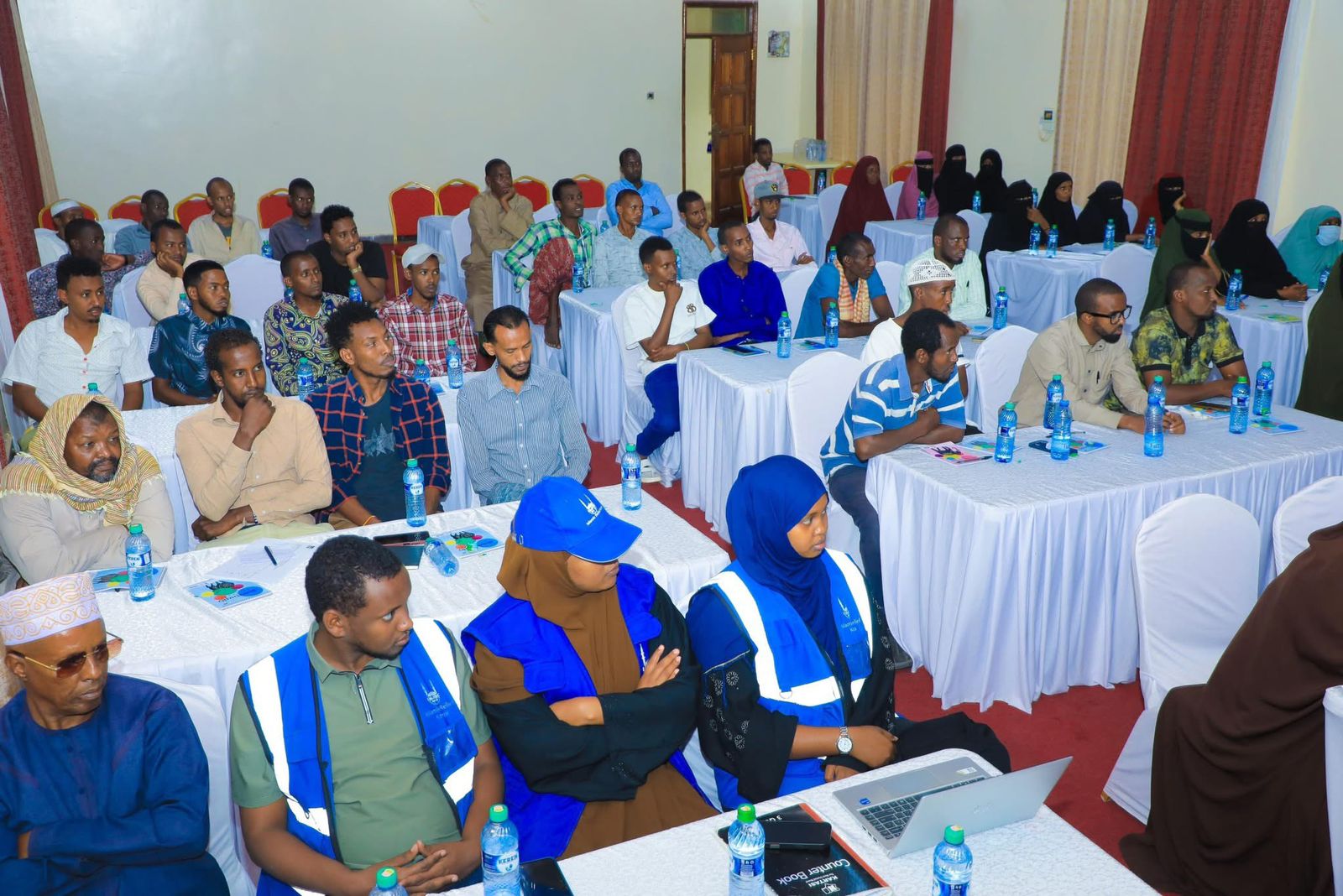
Toxic trails: Where plastics pose the highest risks
Sectors with highest exposure to harmful chemicals in plastic.
Islamic Relief Kenya has launched a programme to tackle garbage and empower youth.
In Summary

In the heart of Wajir town, where plastic waste piles litter
the streets and unemployment fuels despair among the youth, a new initiative is
seeking to turn crisis into opportunity.
Islamic Relief Kenya has launched a programme that not only tackles the mounting garbage problem but also provides young people with tools to reclaim their future.
On Tuesday, the organisation unveiled a Sh2 million fund to support youth groups in setting up garbage collection points under the banner of Enhancing Plastic Waste Management and Youth Employment in Wajir.
The programme is designed to give the county a cleaner face while creating income-generating ventures for unemployed youth, who are often left vulnerable to drugs and risky migration networks.
“The youth drawn from various locations will help to address rampant plastic waste disposal within the town while gaining economic opportunities,” said Nimaa Adan, the programme officer. “We have trained them and given each group a start-up grant of Sh400,000.”
The project’s scope stretches beyond trash collection. Schoolchildren are being sensitised, billboards erected, and five major waste collection hubs established.
In a town where plastic waste is both an eyesore and an environmental hazard, the initiative offers a community-driven solution that blends environmental conservation with social empowerment.
County officials were quick to hail the programme’s wider implications.
Education executive Ahmed Wardere described it as a lifeline for the youth, one that addresses unemployment while confronting social ills. “This project will play a key role in cleaning plastic waste across Wajir town, giving us a healthier environment while creating employment. It reduces the lure of drugs and substance abuse by keeping young people engaged,” he said.
He added that alternative livelihoods would also help shield vulnerable youth from human trafficking, known locally as tahrib.
For young people like Shakil Mohamed Salah, vice chairman of Ecofriendly Youth Group, the intervention could not have come at a better time. “Plastic is a problem in our town. We are going to clean Wajir, reduce environmental damage, and earn from it,” he said.
Others, like Abdi Adan from Hodan location, see it as the beginning of a broader campaign. “The town’s image has been destroyed by plastic waste. We want to change that and also raise awareness on climate change.”
The urgency of such efforts is clear. According to Wajir’s 2023 Solid Waste Management Policy, the municipality collects an estimated 4,000 tonnes of waste every month. With limited disposal sites and no modern waste management facility, much of the garbage — especially plastic — remains uncollected, spilling into neighbourhoods and the central business district.
By tying environmental action to youth empowerment, Islamic Relief’s program addresses two of Wajir’s deepest challenges at once: unemployment and waste. But perhaps its most significant promise lies in its attempt to restore dignity and hope to a generation at risk of being lost to addiction, idleness and desperation.
For now, the youth of Wajir are taking up the challenge, spades and garbage bags in hand, determined to clean their town and, in the process, reshape their own futures.
Instant analysis
The Wajir plastic waste project is more than a cleanup campaign — it’s a social experiment linking environment, livelihoods and youth resilience. By offering jobs in waste management, Islamic Relief is directly addressing the root causes of drug abuse and irregular migration among idle youth. The Sh2 million seed fund is small against the scale of Wajir’s 4,000-tonne waste challenge, but its symbolic power is immense. It signals a shift from dependency to self-reliance, from pollution to productivity. If sustained, the initiative could redefine waste not as a nuisance, but as an entry point to dignity and opportunity.

Sectors with highest exposure to harmful chemicals in plastic.